Writing a stand-out CV can seem like a big task, even when you already have loads of experience. So, writing a CV when you don’t have a huge amount of experience can be even trickier.
That’s why the ILMJ team has put together this simple step-by-step guide to help you nail yours. Let’s do this!
1. Write your personal profile ✏️
A personal profile is a simple summary of you. It sits at the top of your CV and should be no more than a paragraph that introduces you and demonstrates your enthusiasm for the role.
You don’t need to oversell yourself. Keep it brief. It doesn’t need to be overly formal, and you can write this from any perspective that feels comfortable. Your personal profile is more like a teaser to encourage a hiring manager to want to know more.
Example: I am a committed and passionate individual, looking to further develop my career as an administrator for a creative consumer brand. I believe I have the determination and skillset necessary to support the day-to-day administration of a great company.
2. List your top 5-10 strengths 💪🏼
Character strengths are your strongest attributes or qualities. Listing these will guarantee that your potential employer knows exactly where your superpowers lie.
Examples: Kindness, Leadership, Teamwork.
If you find it hard to personally list these, have a chat with someone who knows you well and can tell you your strengths and unique qualities. Ask them questions like: what makes me unique? What are my best qualities? Have a bit of fun – ask them to tell you why you are so great!
Another option is to use the VIA survey. This is a free tool that tells you exactly what your strengths are.
3. Define and describe your values 💫
Your personal values are basically the things that are important to you. These are different to strengths because they are less about personal characteristics, and more about the principles that guide you.
Values are something that companies are increasingly considering when hiring and we are in total support of this!
Start by choosing 4-6 values from this list of core values. Even better, follow this value with a brief sentence explaining why this relates to you (see example below).
My Core Values:
Optimism – I would call myself a realistic optimist. I always like to see the positive in situations and believe anything is possible with the right approach and mind-set.
4. List your skills 📝
Skills are technical and specific abilities you have learnt in education, work, or when completing work experience.
If you do not have relevant experience for the role, then list skills that are transferable. For instance, if you’re applying for a job in sales with no direct sales experience, but are a natural communicator and relationship builder, you should list this!
Examples: Attention to detail, relationship building, administrative.
5. List your passions and interests ❤️
These should include what you enjoy doing outside of work. This section should bring your passions to life.
Traditionally your passions and interests are included at the end of your CV, however (and we love this fact!) more companies are looking at these before anything else - so it’s important to spend time on this section instead of it being an afterthought.
The trick is to be specific, for example, if you love food, which restaurant is your favourite at the moment?
Example: I love exploring new restaurants. A great recent find is Padella in Shoreditch, which serves great fresh pasta for £8!
6. List your work experience / employment history 📌
Believe it or not, your experience is not the main focal point of your CV at this stage in your career! All you need to do here is list your most recent job title and duties, working backwards in time.
Don’t be afraid to list all examples of your experience, like voluntary roles, or part-time/temporary positions and keep your duties to 2-5 bullet points for each role.
Example:
Waterstones, Retail Assistant (Jan 2020 – February 2021)
– Delivering a high standard of customer service
– Cash handling and till operating
– Organising the shopfloor and stock-taking
– Answering important queries by phone and e-mail
7. Include education/courses 🎓
Here you need to list any formal education you’ve had.
Dates do not have to be included when listing your education, but that’s completely up to you. Include the likes of GCSE’s, A-Levels, and include grades – even if they weren’t what you were hoping for, because your future employer should be one that accepts you for who you are.
8. Formatting 💻
Leave formatting to the end – building up the content for your CV is the hard part. Once this is nailed, you can be as creative as you feel comfortable with.
Using a Word Doc is a classic way to easily format a CV. Remember to save as PDF too, so the formatting is fixed when you email or upload it.
If you want to be creative, try using apps like Canva, which we highly recommend to make sure your CV stands out. It might sound complicated but there are some great templates on here that are free and easy to use:
https://www.canva.com/resumes/templates/
Finally, here are some technical tips to consider:
- Keep your CV to one page if possible (two if necessary).
- It isn’t necessary to include a photo – we suggest not to, but again, this is personal preference.
- Use Grammarly to check punctuation and grammar.
- Make sure you include your contact details.
- Get someone to read over it and check for any typos.
ILMJ’s bonus tip:
Keep your options open. You never know what you might end up enjoying and building a career in!
Good luck, and remember, YOU GOT THIS! ✨



